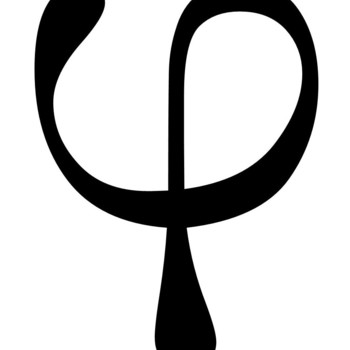We know that #a^b=e^(blna)#. Here, we say that #x^cosx=e^(cosxlnx)#.
According to the chain rule, #(df)/dx=(df)/(du)*(du)/dx#, where #u# is a function within #f#.
Here, #f=e^u# where #u=cosxlnx#, so we have:
#d/(du)e^u*d/dx(cosxlnx)#
#e^ud/dx(cosxlnx)#
According to the product rule, #(f*g)'=f'g+fg'#. Here, #f=cosx# and #g=lnx#, so we have:
#d/dxcosx*lnx+d/dxlnx*cosx#
#-sinxlnx+1/xcosx#
#cosx/x-sinxlnx#
So we have:
#e^u(cosx/x-sinxlnx)#, but as #u=cosxlnx#, we have:
#e^(cosxlnx)(cosx/x-sinxlnx)#, but remember that #e^(cosxlnx)=x^cosx#, so we have:
#x^cosx(cosx/x-sinxlnx)#


